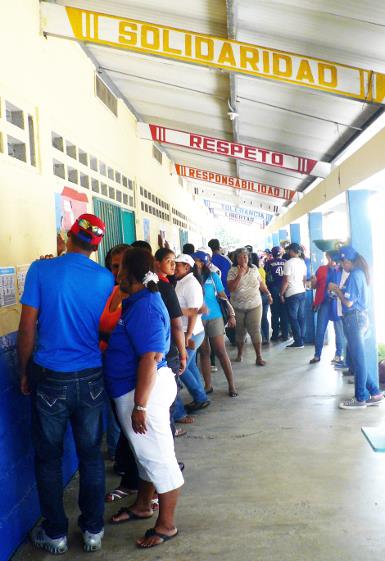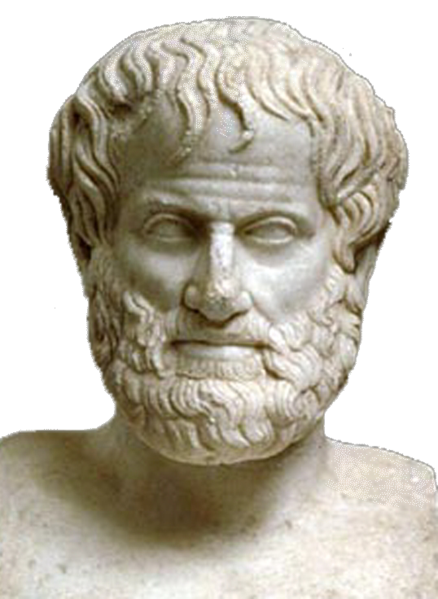Peruvian president-elect Pedro Castillo addresses his supporters during the campaign. The government’s TV Peru used this photo posted on Twitter by a Castillo supporter. The photojournalism of Peruvian politics lately is indicative of some systemic problems there. The major corporate media all but ignored the Castillo campaign — not because they were unaware of it but because they sought to suppress it with a news blackout. Once in the runoff the oligarchic press and the talking heads it usually features were solidly scornful of Castillo, often in defamatory or racist ways. In turn, Castillo’s supporters have generally adopted attitudes running from dismissive to hostile with respect to Peru’s mainstream media. The establishment game plan may have worked in Lima, but out in the countryside the Fujimori family reputation is toxic.
Time to recognize Peru’s mandate
With virtually all ballots counted, the leftist schoolteacher Pedro Castillo has an insurmountable lead of more than 100,000 votes in the runoff for Peru’s presidency. The legislator and former spokeswoman for her now-imprisoned father’s right-wing dictatorship, Keiko Fujimori, is without showing any real evidence demanding the nullification of 200,000 votes and a recount of 300,000 more.
There are some polling places that need to be looked at for possible fraud, and others in which the Fujimori campaign openly engaged in outright vote buying. These apparent or alleged offenses need to be investigated, but the end result will not and should not change. Castillo won the election.
Nito Cortizo, Joe Biden and their colleagues across the Americas should call Mr. Castillo, congratulate him, talk about differences and seek common ground. That’s what mature heads of state do. That’s how sister republics in the Americas should act.
An election day past, in San Carlos.
New ways to preserve disliked old ways
The COVID epidemic has brought out the very worst behavior in the political caste, such that whatever they say or do, and no matter what the rules of the next electoral contest may be, a great many current elected officials will not be returning. People are fed up.
It’s generally recognized that the problem is systemic. If Panamanians choose to look away from that, lenders and international financial institutions will be reminding us ever more frequently and forcefully in the months and years to come. We are into a severe national debt crisis — both the government and much of the private sector. Things are going badly for many of the rich and most of the poor. Those who can afford it may see a buyers’ market and buy — but what then?
Thus, a groundswell of support for a new constitution, with important arguments about the how and the who, but not so much intelligent discussion of WHAT we want or should want. Most of the talk about what responds to notorious examples of what people rightfully detest — or really, is it about WHOM most of us dislike?
The National Assembly is the stellar example. A costly and corrupt political patronage operation in the legislative branch may do much more than Nito’s timid and vacillating presidency to send the PRD into political oblivion.
The thing is, because of the families that own Panama’s mainstream media, because of banking and corporate secrecy laws that buttress opaque political practices, because of a general level of education that’s intentionally kept low and then increasingly compartmentalized the higher one gets, people here are not used to following money trails when evaluating politicians and public policies.
Panama has this creole aristocracy of a few dozen families into which a few climb and a few fall off. Mostly it’s white folks. Mostly they don’t run for seats in the National Assembly, but fund the campaigns of those who do. Mostly the legislature does their bidding, no matter the anti-establishment speeches that its members make. It’s government of the rich, for the rich, by the paid proxies of the rich.
Easier to blame the politicians, declare that there are too many of them and propose changes based on those premises. So out of the crowd pushing for a parallel constituent assembly, but also heard among advocates of other approaches to fix or replace the constitution, there is this hue and cry for fewer legislators, to be elected at large on the national or provincial levels. Most of those who advocate this curiously don’t mention the legislators’ alternates — the suplentes who collectively form a costly, corrupt and generally unproductive shadow operation appended to the National Assembly.
The easiest and most sensible way to pare down the National Assembly payroll is to eliminate the suplentes, and with them their office staffs.
But what about reducing the size of the legislature?
That’s reinforcement for rabiblanco rule and a subsidy for the television station owners. That’s an elimination of less costly traditional ways to deliver campaign messages. That would allow, for example, all of Panama City’s legislative delegation to come from La Cresta, Paitilla and Punta Pacifica.
At large constituencies, provincial constituencies and national constituencies generally can’t be reached by the retail politicking of going door to door, meeting people on the street or passing out leaflets in the neighborhood. Candidates running in those sorts of races have to buy radio, television or online advertising. They have to have a lot of money or rely on those who do.
With at large elections the power of party slates is enhanced. Mix in the right of independents to run and alliances among parties and we get into this manipulable quotient / half-quotient / residue formula — or something like it — which, for example, allowed the religious far-right legislator Corina Cano to get into the National Assembly when someone else of the same alliance in the same multi-member circuit got more votes than she did but didn’t get to be a legislator.
It would be better to reduce the money barriers to running for office and cut out a lot of the old games by actually having MORE deputies in the legislature, each from a single-member circuit. Say, instead of a 70-member National Assembly that also has 70 suplentes, a legislature with 101 members and zero suplentes, all chosen from smaller circuits than we have now.
But the politicians who are out of office now, and those whose role has been as donors and power brokers, make this facile argument about how there are too many politicians and the solution is to have fewer of them. And if people swallow their lure, they get hooked onto a new constitutional order which, like the present one, is about power and privileges for the rich.
Aristotle: Wikimedia photo of a classic sculpture, graphic by Jorenz1.
All paid jobs absorb and degrade the mind.
Aristotle
Bear in mind…
Nobody outside of a baby carriage or a judge’s chamber believes in an unprejudiced point of view.
Lillian Hellman
What difference does it make to the dead, the orphans and the homeless, whether the mad destruction is wrought under the name of totalitarianism or the holy name of liberty or democracy?
Mohandas K. Gandhi
To be astonished is one of the surest ways of not growing old too quickly.
Collette
Contact us by email at fund4thepanamanews@gmail.com
To fend off hackers, organized trolls and other online vandalism, our website comments feature is switched off. Instead, come to our Facebook page to join in the discussion.
These links are interactive — click on the boxes














